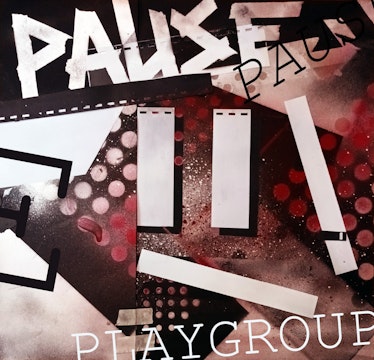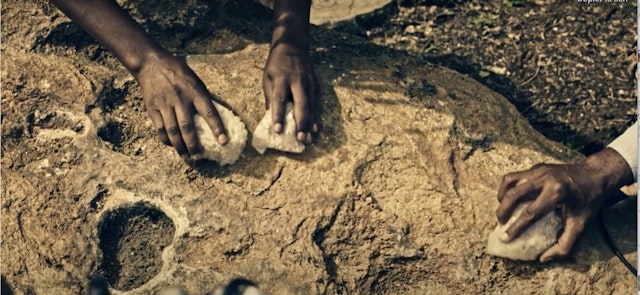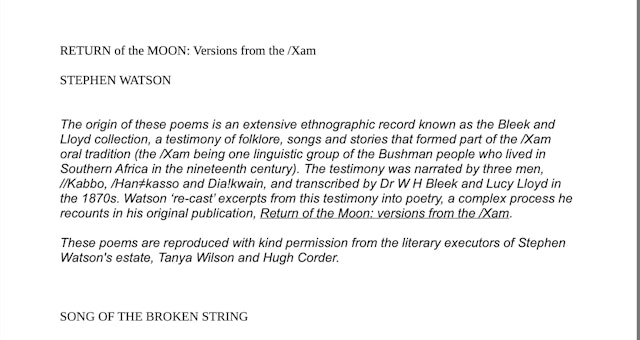Interview with Sarah Wurz: Music and Human Origins
Sarah Wurz is a Professor at the University of the Witwatersrand (School of Geography, Archaeology and Environmental Studies), an Associate Professor at the School of Geography, Archaeology and Environmental Studies and associated with the SFF Centre for Early Sapiens Behaviour (SapienCE), University of Bergen
Sarah Wurz is a Professor at the University of the Witwatersrand (School of Geography, Archaeology and Environmental Studies), an Associate Professor at the School of Geography, Archaeology and Environmental Studies and associated with the SFF Centre for Early Sapiens Behaviour (SapienCE), University of Bergen
Her multidisciplinary background and expertise provide a unique approach to investigating ancient behavior and cognition. She excavates the Klasies River main site, a key site for understanding the origins of Homo sapiens in Africa. The papers that she published on Klasies River contributed new information on the Middle Stone Age lithic technology, and more recently, on-site formation and palaeo-environments during the last Interglacial.
She writes: One of my major research interests is the origins of Homo sapiens, a topic that I approach from a multidisciplinary perspective. Complex and symbolic cognitive and behavioural expressions typical of humans today can be detected in Stone Age material culture - in ornaments, pigments, stone and bone tools. Analyzing the reduction sequences followed in the production of such items provides information on ancient cognition and behavior. I am the Principal Investigator for the Middle Stone Age site of Klasies River that contains a wealth of material and information on this topic. The study of Stone Age and recent music-making provides a further research avenue into human origins, as this played a key role in facilitating social bonding and the development of a symbolic mnemonic strategy that underlies human cognition and behaviour. My research into ancient musical expression is developed under the umbrella of my recently established “Archaeological TransfrontiEr Music” (ATEM) workgroup. I am furthermore active in public archaeology research and teaching. The protection of our archaeological heritage, and the communication of its significance through education and tourism channels are vital for the survival of our non-renewable archaeological heritage.







